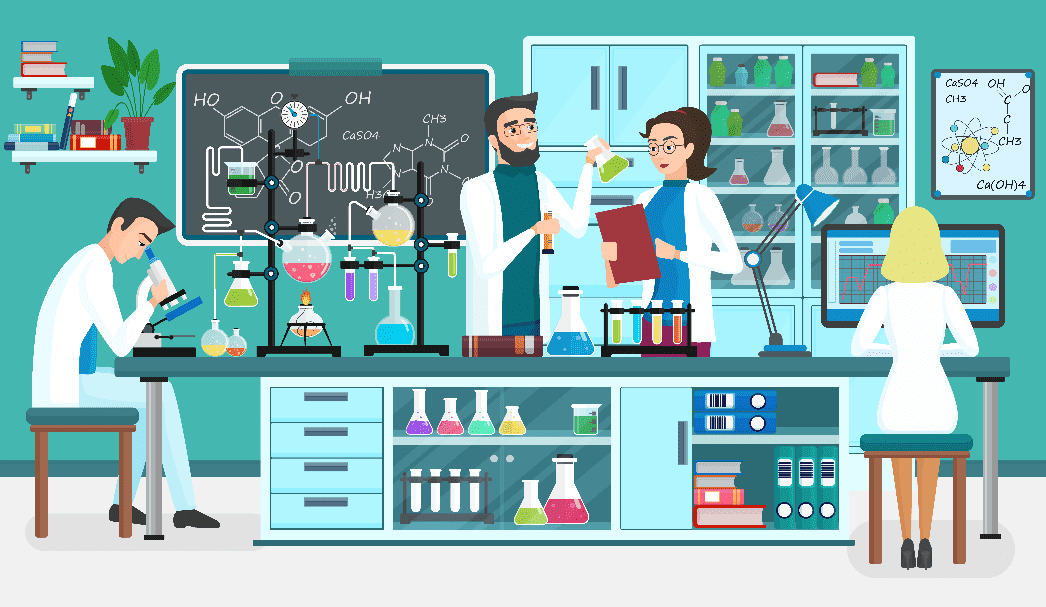Artificial Intelligence (AI) has risen as a potent tool capable of transforming numerous industries, and healthcare is certainly not an exception. With its ability to analyze vast amounts of data, identify patterns, and make predictions, AI is transforming the way healthcare providers deliver care, diagnose diseases, and develop innovative treatments. In this article, we will explore the transformative applications of AI in healthcare and the potential impact it can have on patient outcomes and the healthcare industry as a whole.
AI-powered Diagnostics

One of the most promising applications of AI in healthcare is its use in diagnostics. AI algorithms possess the remarkable ability to analyze medical images, including X-rays, MRIs, and CT scans, with exceptional precision. By comparing the images with extensive databases and using deep learning techniques, AI can detect anomalies, identify early signs of diseases, and provide clinicians with valuable insights to make informed decisions. AI-powered diagnostics have the potential to improve accuracy, speed up diagnoses, and ultimately save lives.
Predictive Analytics and Early Detection

AI algorithms can leverage patient data, including medical records, genetic information, lifestyle factors, and environmental data, to identify patterns and predict potential health risks. By analyzing this data, AI can detect early warning signs of diseases and notify healthcare professionals, allowing for proactive interventions and early treatment. This early detection can significantly improve patient outcomes, prevent complications, and reduce healthcare costs.
Personalized Medicine

Every individual is unique, and their response to treatments can vary. AI can analyze a patient’s genetic information, medical history, and lifestyle factors to create personalized treatment plans. This approach, known as precision medicine, allows healthcare providers to tailor treatments to each patient’s specific needs, increasing the chances of successful outcomes and reducing the risk of adverse effects. AI-powered personalized medicine has the potential to revolutionize healthcare by shifting from a one-size-fits-all approach to a more targeted and effective treatment paradigm.
Virtual Assistants and Chatbots

AI-powered virtual assistants and chatbots are becoming increasingly common in healthcare settings. These digital tools can assist patients in accessing healthcare information, scheduling appointments, and providing basic medical advice. Virtual assistants can also help healthcare providers by automating administrative tasks, freeing up their time to focus on patient care. Additionally, chatbots can offer support for mental health, providing individuals with a safe space to express their concerns and offering resources and guidance.
Drug Discovery and Development

The process of discovering and developing new drugs is time-consuming, expensive, and often results in failures. AI can help streamline this process by analyzing vast amounts of biomedical data, including scientific literature, clinical trials, and molecular structures. By identifying potential drug candidates and predicting their efficacy, AI can accelerate the discovery and development of new treatments. This has the potential to revolutionize the pharmaceutical industry, bringing new therapies to patients faster and at a lower cost.
Healthcare Resource Optimization

AI can optimize healthcare resource allocation by analyzing data on patient flow, resource utilization, and demand patterns. By predicting patient admissions, identifying bottlenecks, and optimizing scheduling, AI can help healthcare providers allocate their resources more efficiently. This can lead to reduced waiting times, improved patient satisfaction, and better utilization of healthcare facilities.
Assumption
AI is transforming healthcare by revolutionizing diagnostics, enabling predictive analytics, personalizing treatments, enhancing patient engagement, accelerating drug discovery, and optimizing healthcare resource allocation. These transformative applications have the potential to improve patient outcomes, increase efficiency, and reduce healthcare costs. However, it is important to ensure that AI is implemented ethically .
FAQs
Is AI replacing healthcare professionals?
No, AI is not replacing healthcare professionals. Instead, it is augmenting their capabilities and supporting them in providing better care. AI can assist in diagnostics, treatment planning, and administrative tasks, but the human touch and expertise of healthcare professionals remain essential in delivering personalized and compassionate care.
Is AI in healthcare safe?
Safety is a critical consideration in the implementation of AI in healthcare. Proper validation, testing, and regulatory oversight are necessary to ensure the accuracy, reliability, and security of AI systems. Additionally, ethical considerations, such as data privacy and patient consent, must be addressed to protect patient rights and confidentiality.
How can AI improve patient outcomes?
AI can improve patient outcomes by enhancing diagnostics, enabling early detection of diseases, personalizing treatments, and optimizing healthcare resource allocation. By leveraging AI’s capabilities, healthcare providers can make more AI Applications accurate diagnoses, intervene earlier in disease progression, tailor treatments to individual patients, and allocate resources efficiently, ultimately leading to improved patient outcomes.
Can AI reduce healthcare costs?
AI has the potential to reduce healthcare costs by improving efficiency and preventing complications. Early detection of diseases, personalized treatments, optimized resource allocation, and streamlined drug discovery processes can lead to cost savings in healthcare. However, the implementation of AI itself may involve initial investment and ongoing AI Applications in Healthcare maintenance costs.
What are the challenges in implementing AI in healthcare?
Implementing AI in healthcare faces challenges such as data quality and interoperability, regulatory compliance, ethical considerations, and addressing biases in AI algorithms. Collaboration among stakeholders, including healthcare providers, technologists, policymakers, and ethicists, is crucial in addressing these challenges and ensuring responsible and beneficial use of AI in healthcare.
